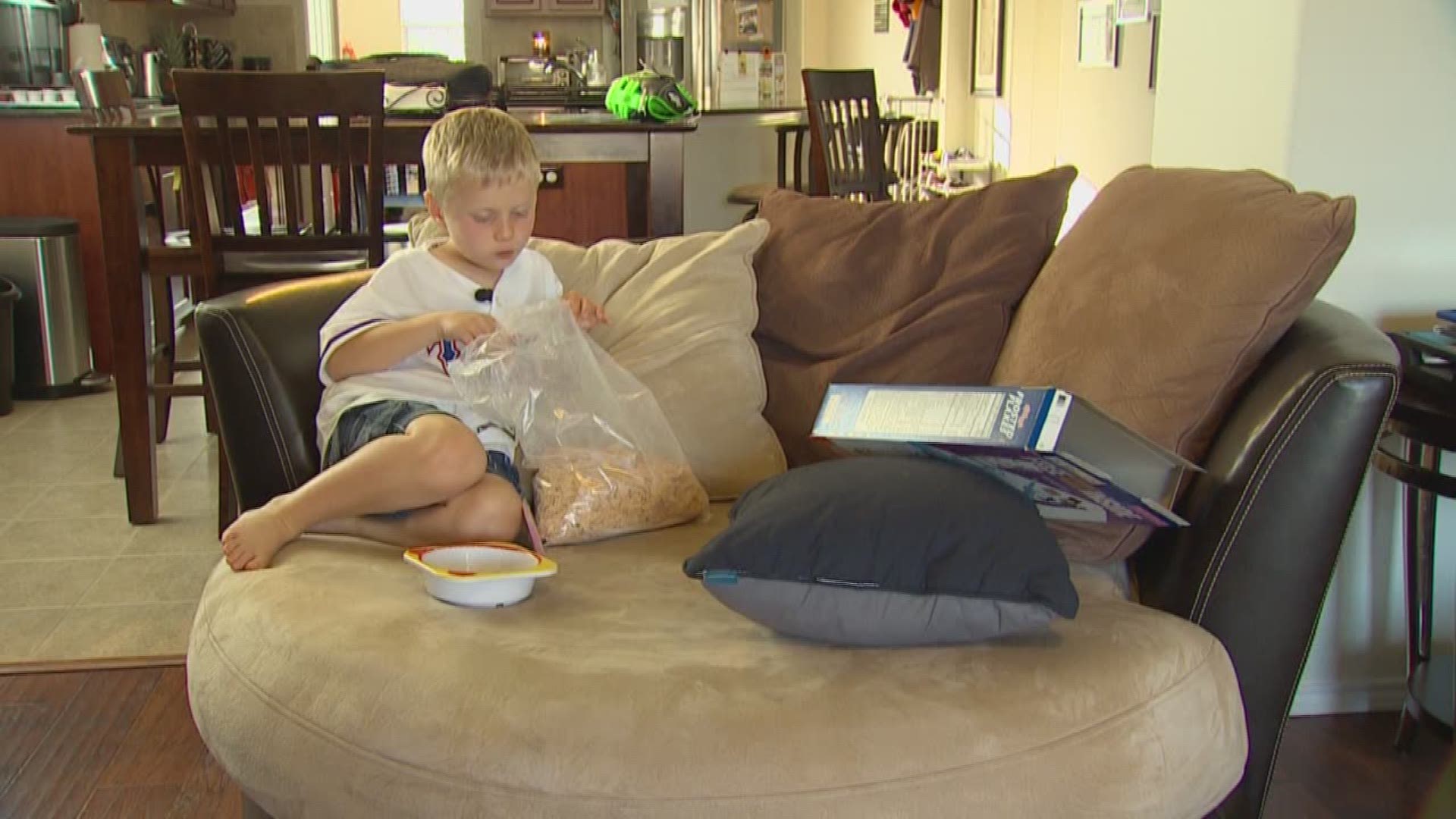A pair of medical experts and a Fort Worth family are banding together to end the stigma surrounding the most common birth defect that no one talks about.
If you watch 5-year-old Maddox Smith play baseball in his backyard, you'd never know he had a birth defect, one that his mother never heard of until he was born.
"When we met with the pediatrician the next day, she diagnosed him with Hypospadias," said Deb Smith.
Hypospadias is a birth defect causing the urethra to open lower, on the underside of the penis, instead of the tip. It can cause problems urinating and sexual dysfunction.
The Smiths only told their parents what they and their newborn were now facing.
"We thought that if this could be a quick easy fix, then nobody needs to know about it," Smith said.
But it became an emotional secret she and her husband carried for months, until they found the two people who would fix their son and free their burden, pediatric urologists Doctors Warren Snodgrass and Nichol Bush.
The pair has two goals they work at daily from their office and in their operating room inside Medical City Frisco. Their first goal is to keep their status as the leading international experts in repairing hypospadias.
"The technique that is now referred to as 'the Snodgrass technique' can reliably create a penis that not only functions normally, but looks and measures the same as boys who have never had any surgery," said Dr. Bush.
Their second goal is to change the feeling that the condition is too private, taboo or embarrassing to discuss. They treat babies, teens and men from across America and 25 countries, scrubbing in four days a week with a success rate of 95% for routine hypospadias, and 80% for even the most severe kind.
"We're still hesitant to say the word penis, even though it's the most common birth defect," said Dr. Snodgrass. "So it really is kind of silly that people have been hesitant to talk about it."
Both doctors cite numbers from the CDC saying every day in the United States, 12 children are born with cleft lip, 16 are born with Down Syndrome and 27 boys are born with hypospadias. It is the most common birth defect that's the least talked about.
Dr. Snodgrass says open conversation and more available information are the first steps in changing that.
"That's really the beginning of knocking down these barriers and taking away this fear and shame and stigma when people hear of it," he said.
Soon after Maddox's first birthday, the doctors repaired his body and changed his mother's perspective.
"I think that's what helped us realize that we don't need to keep this a secret," said Deb. "It's not something we need to be embarrassed about because if we're embarrassed about it, he'll be embarrassed about it."
And Maddox is not.
"They wanted me to feel better," he said, about Dr. Bush and Dr. Snodgrass. "And they also fixed my pee pee."
He is now a star patient. His mother hopes it encourages the 27 families who had baby boys today, just like him.

